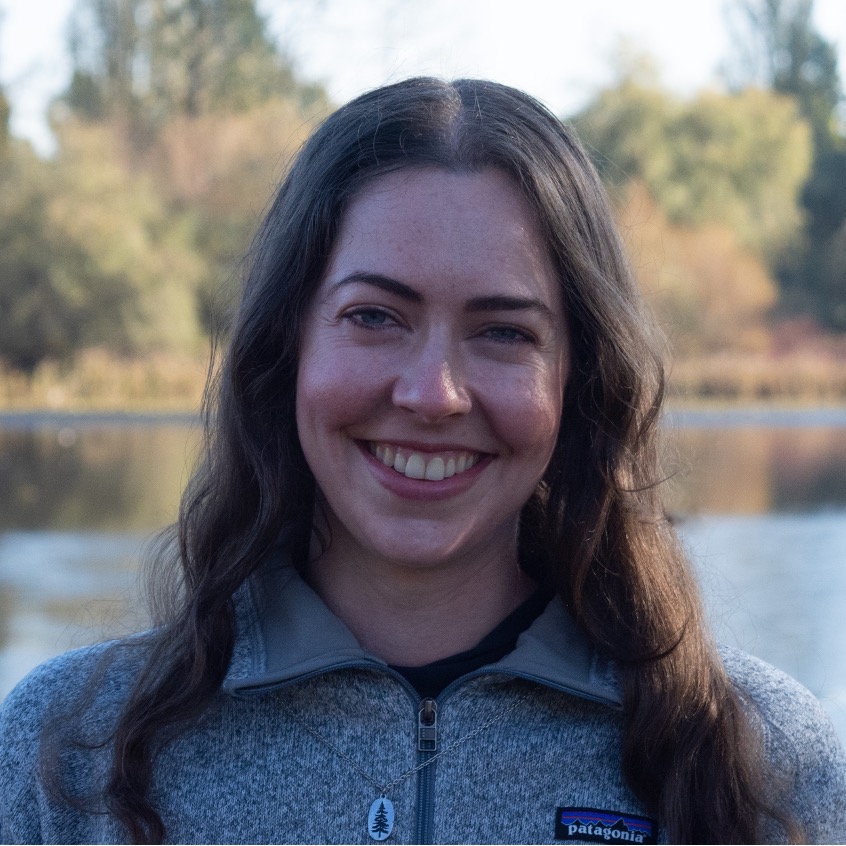
Hannah Blanchard
Ecofish Research Ltd.
The future health of aquatic ecosystems depends on unified action by scientists, regulators, industry, and the broader public. As an AFS Climate Ambassador, I hope to develop skills that will allow me to build bridges of understanding with diverse audiences and inspire others to make positive strides on climate change issues.
Challenges posed by climate change are THE issue my generation of scientists have to face as we adapt to a changing environment. I am hoping participation in CAP will help me improve my skills in communicating the inconvenient realities of climate change effects on fisheries with stakeholders to facilitate effective collaborative management and conservation decision-making.
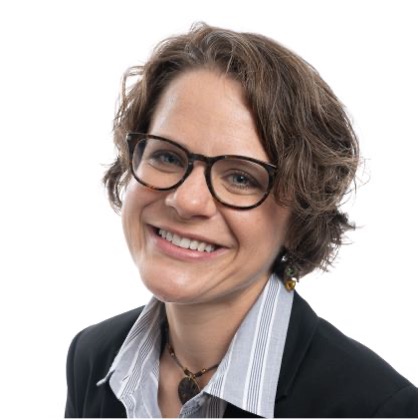
Hadley Boehm
PhD. Candidate, University of Missouri Missouri Cooperative Fish and Wildlife Research Unit
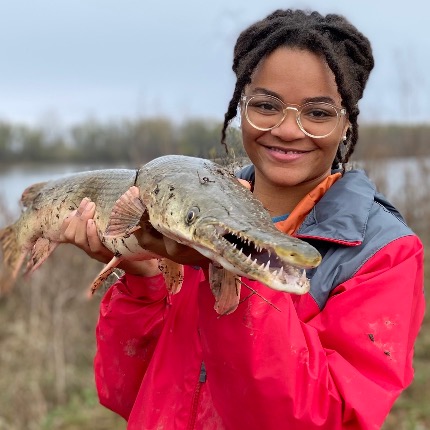
Dinah Cador
Nicholls State University Marine and Environmental Biology Graduate Program
Science communication is the active body in facilitating the collaboration between communities, policymakers, and scientists to make sustainable steps against climate change. The training provided by this program will allow me to foster a more expansive network and improve the skills necessary to be effective in my endeavors as a conservationist, science educator, and servant of my communities.
I grew up in a coastal community where the impacts of climate change were already being felt. Now as a fishery scientist, I am passionate about communicating with others who are or will be personally affected by climate change. As an ambassador I hope to expand my communication skillset so I can better connect with fishing communities.
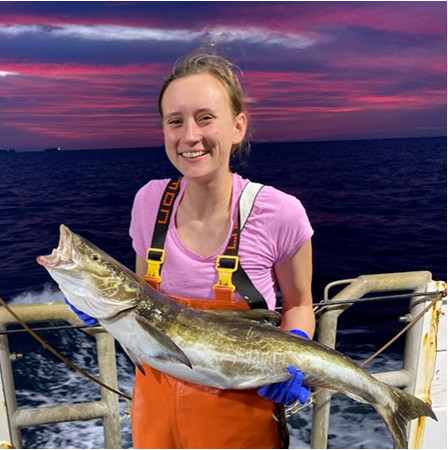
Hailey Conrad
Virginia Tech
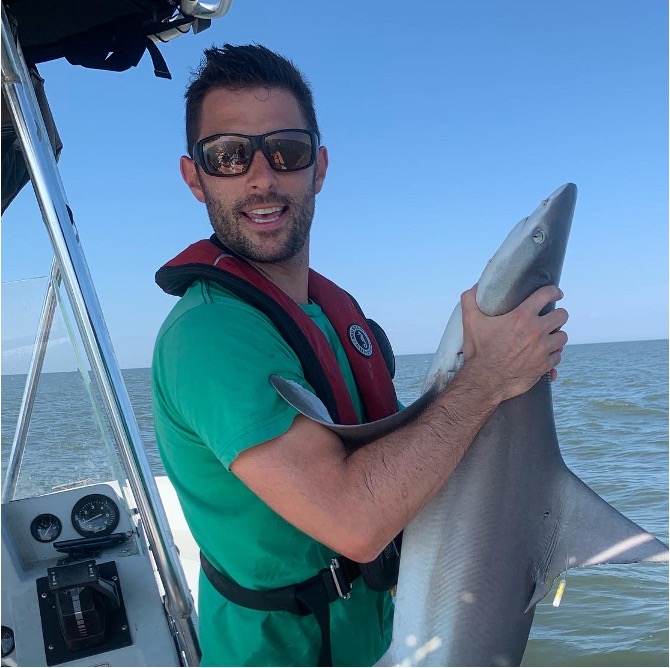
Dan Crear, Ph.D.
ECS Federal supporting the Highly Migratory Species Management Divisions, NOAA Fisheries
I believe it is extremely important to clearly communicate to the public how climate change is impacting our world, including fish and fisheries, which is why I’m excited to participate in the Climate Ambassador Program. While working at NOAA Fisheries, I plan to take the communication skills I develop during this program and apply them to when I communicate with fisheries managers, fishermen, and the general public about ways we can adapt to a changing climate.
My work is at the intersection of climate adaptation and fisheries science, so it is important to improve my ability to communicate with diverse groups to address these challenging topics.
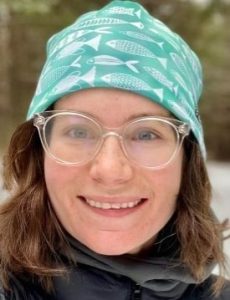
Holly S. Embke
Research Fish Biologist, U.S. Geological Survey, Midwest Climate Adaptation Science Center
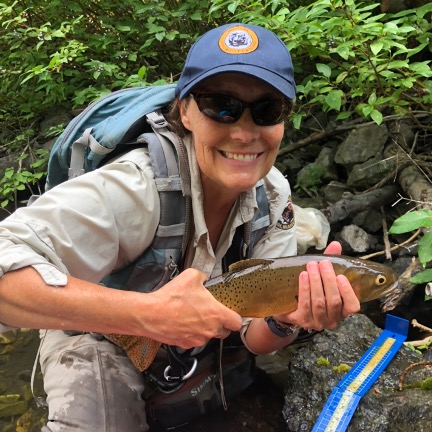
Carol Endicott
Private Consultant
I was drawn to become a climate ambassador as climate change is an existential threat to all life and especially native cold-water trout, and I have seen major and unfortunate changes in the past 15 years that are profoundly affecting our native trout. I sought being a climate ambassador to increase my knowledge base on the subject, enhance the public’s understanding of climate change, and promote action to controlling greenhouse gases to benefit our amazing planet and all its denizens.
It is a great privilege and responsibility to be part of a profession that is dedicated to studying and conserving freshwater ecosystems for the benefit of future generations. As an AFS Climate Ambassador, I hope to multiply my impact as a scientist and teacher by expanding my public communication skillset and capacity to facilitate awareness of the effects of rapid climate change on aquatic biodiversity and water sustainability.
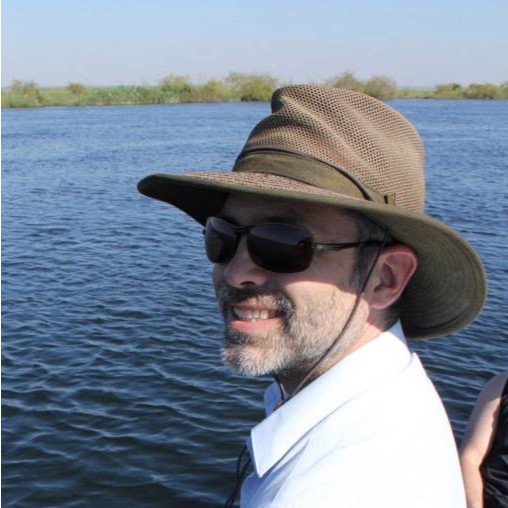
J. Tyler Fox
University of Arkansas, U.S. Geological Survey Cooperative Fish and Wildlife Unit
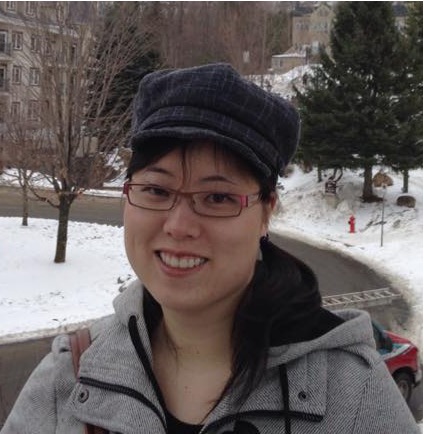
Autumn Frederickson
Oregon State University, Fisheries, Wildlife and Conservation Sciences major
I am excited to work alongside a group of professionals who share the same passion for science communication. Finding new and innovative ways to make science engaging and accessible to a diverse audience is one of the ways we encourage people to become better caretakers of our environment.
In my current position in Southern Louisiana, I reside in and represent a community where coastal land loss is happening in our back yards and climate resiliency and awareness is a necessity. As a climate ambassador, I look forward to engaging in continuous education and connecting with other professionals, researchers, and educators as I learn how to more effectively run workshops that engage with commercial and recreational fisheries and collaborate with other agencies and stakeholders to better communicate challenges surrounding climate change within a fisheries context.
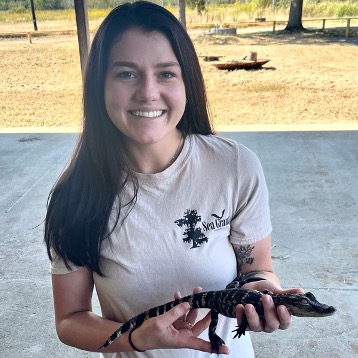
Haley Gambill
Louisiana Sea Grant and LSU AgCenter
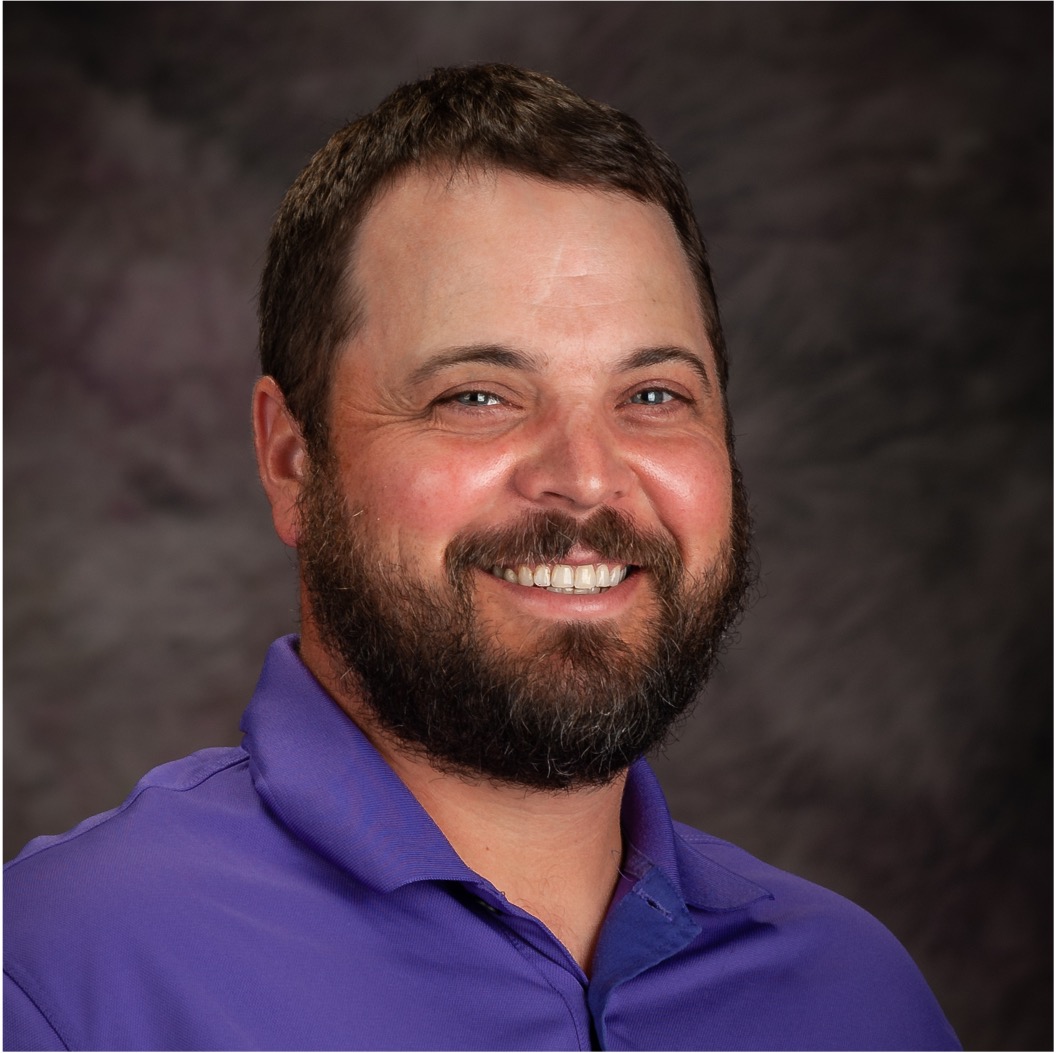
Joe Gerken
Kansas State University
I am excited to learn new skills to help bridge the communication gap between scientists and stakeholders. I hope these skills will help me inspire others to protect our natural resources from the threats associated with climate change.
Our world is changing faster than ever, but our ability to monitor, understand and mitigate changes has never been better and I am dedicated to being a part of those who are fighting to leave the world a better place than I found it. Through CAP, I am excited to build a strong knowledge base about climate related issues to communicate back to stakeholders at all levels and to further inspire connections between my research on fish movements and our changing oceans.
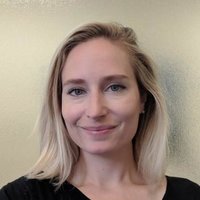
Danielle Haulsee, PhD
Hubbs-Seaworld Research Institute
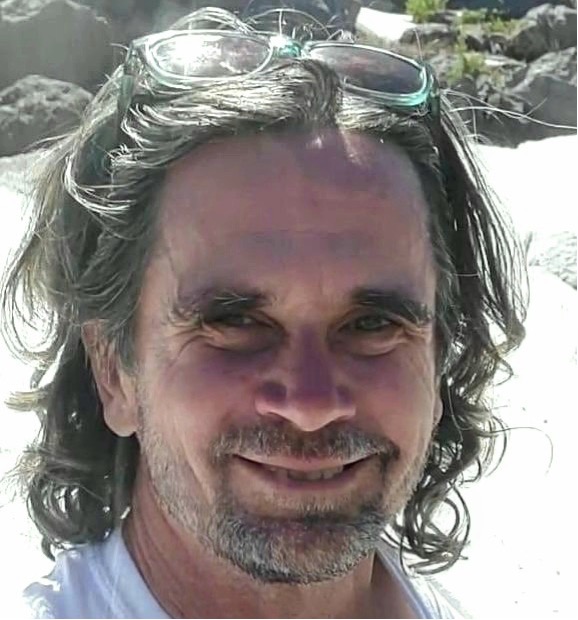
Joe Hennessy
Wisconsin Department of Natural Resources
I’m excited by the opportunities the Climate Ambassador Program will provide to learn how to more effectively communicate with people about the impacts of climate change on aquatic ecosystems, open pathways for me to take more direct action to address climate change, and to engage and inspire others to believe that their actions- no matter how seemingly small- can and do make a difference. My participation honors my eldest brother, Bill Hennessy, who passed away in early 2022. He was a person who recognized climate change as a critical issue before many others, and made climate communication and action his life’s work.
The ecological systems I have studied thus far have all been impacted by climate change, something that is unlikely to go away in my lifetime. My goal is to go into teaching at the college level and help inspire future generations of scientists to continue fighting climate change, which will require cooperation between scientists, policy makers, and the general public. I am looking forward to gaining skills through CAP that will help me better communicate climate science to a diverse audience.
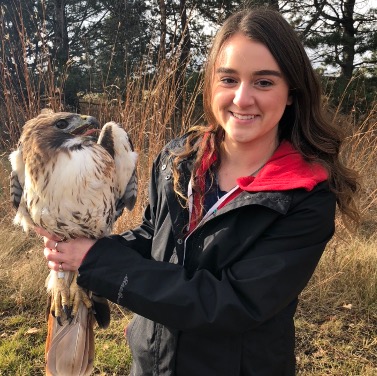
Alexis Hollander
PhD. Student, University of Wyoming
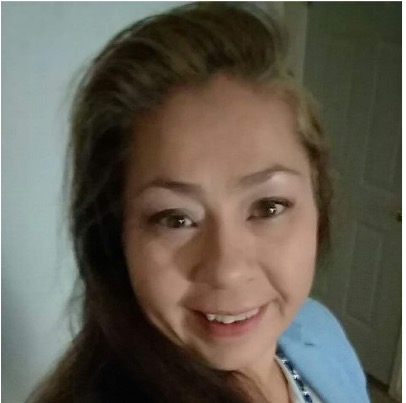
Krista Horvath
Fish Biologist, U.S. Forest Service, Nebraska National Forests and Grasslands
I strongly believe in proactive planning to implement best practices for conservation of our resources. Climate change can be navigated with collective conservation efforts, with as many voices possible. Early investment is a necessity for best planning, acknowledgment, public awareness & engagement to protect the integrity of our natural resources.
Communication is a key tool to conveying knowledge and solutions on climate change, particularly now as it is becoming a more prominent topic. Through the Climate Ambassador Program, I hope to develop the skills needed to effectively communicate with relevant stakeholders and advance climate solutions.

Jonathan Huang
M.S. Student, California State University, Northridge
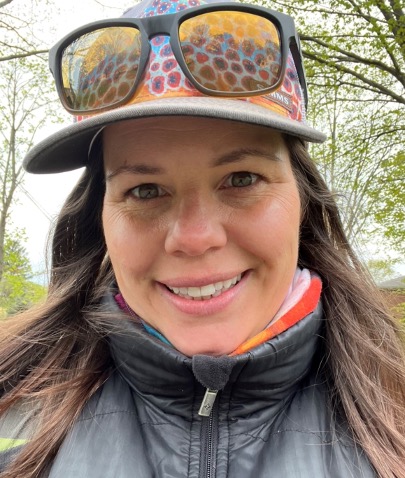
Sheila Kelliher
Deerfield River Chapter of Trout Unlimited and Oregon State University, Fisheries & Wildlife
The Climate Ambassador program will allow me to use my experiences in the field of fisheries to communicate the impact of climate on aquatic environments and become a more effective leader within my community.
Climate change is the overarching problem of my lifetime affecting all ecosystems; however, there are a variety of opinions regarding the causes and consequences of climate change. My aim is develop skills to communicate in a positive way with all viewpoints with the goal of making positive change in fisheries management in a changing climate.
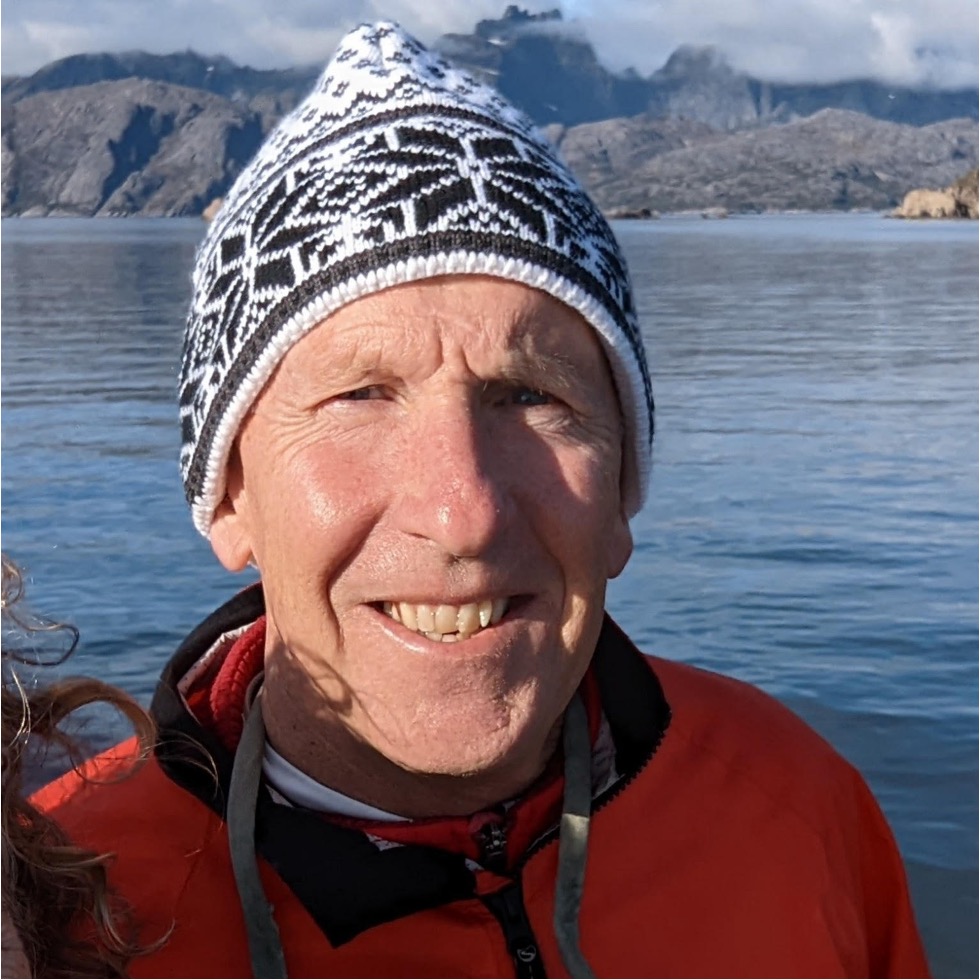
Peter Kiffney
Research Fish Biologist, Northwest Fisheries Science Center

Ruby Krasnow
Climate Intern; Undergraduate student, Clark University
Effective science communication is a critical component in the realization of environmental goals. Through the AFS Climate Ambassador Program, I hope to develop the skills I need to effectively advocate for the protection of aquatic ecosystems and to advance the broader climate movement.
Climate Change is rapidly affecting the Gulf of Maine, with a necessity for a constructive dialogue toward awareness and solutions. I hope the Climate Ambassador Program will give me the tools to be part of that conversation and those solutions.
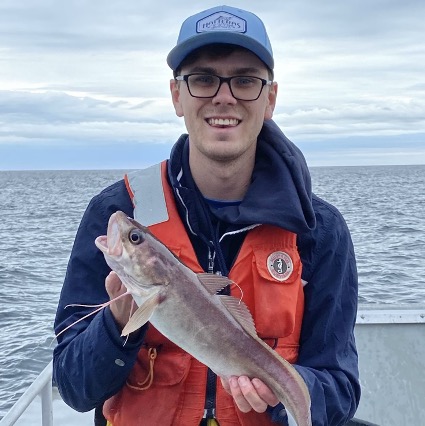
Benjamin LaFreniere
Graduate Research Assistant, University of New England
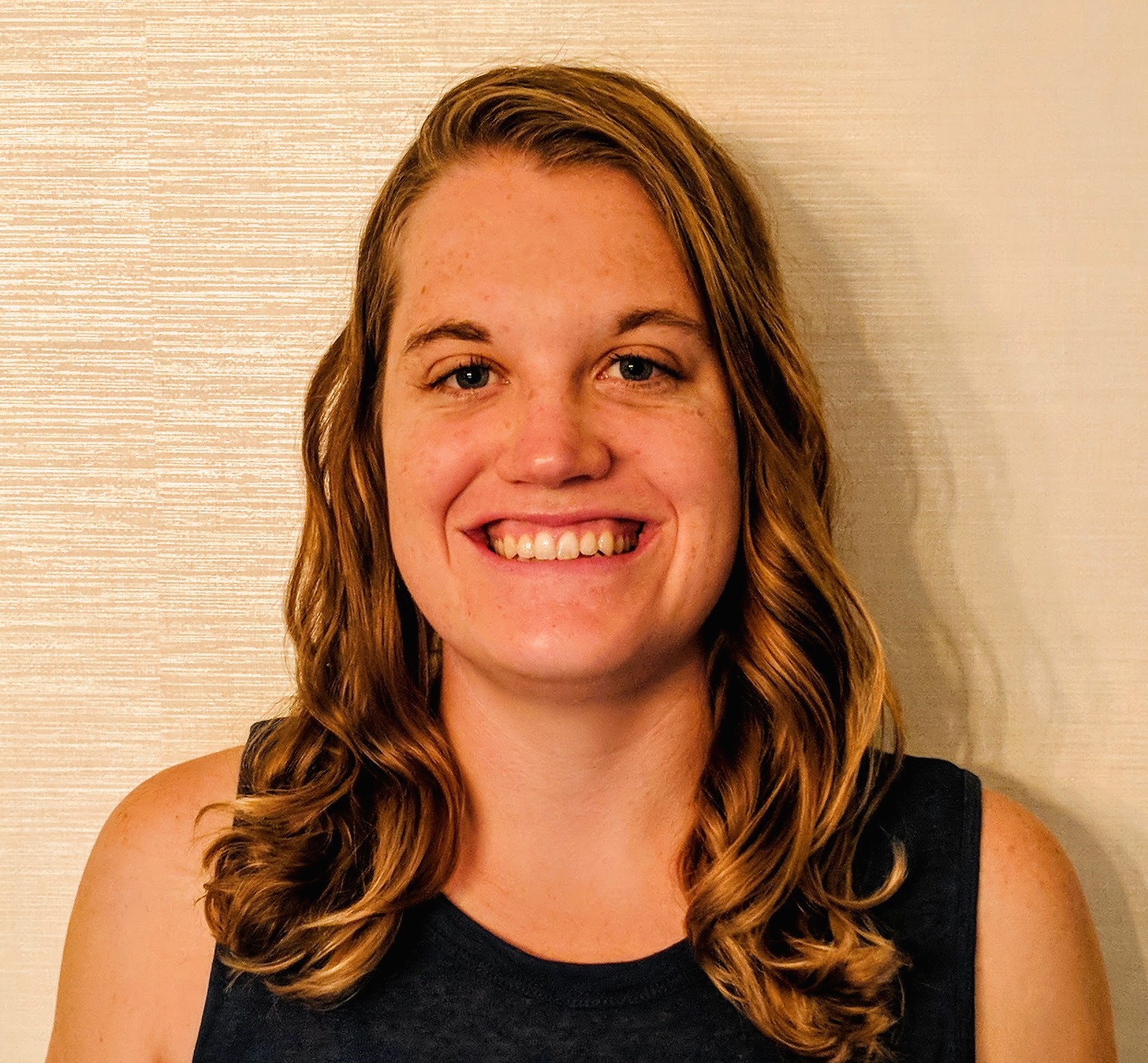
Theresa Mackey
Aquatic Biologist
Education is incredibly powerful, possibly the most powerful tool we have, and I would like to use it to make a difference not only for our environment but to empower individuals and give them more of a choice in the future of our planet.
Facing the potential impacts of climate change requires the collaboration throughout diverse arrays of scientific disciplines. As a Climate Ambassador, I look forward to contributing toward ecosystem solutions and management adaptations to overcome these challenges.
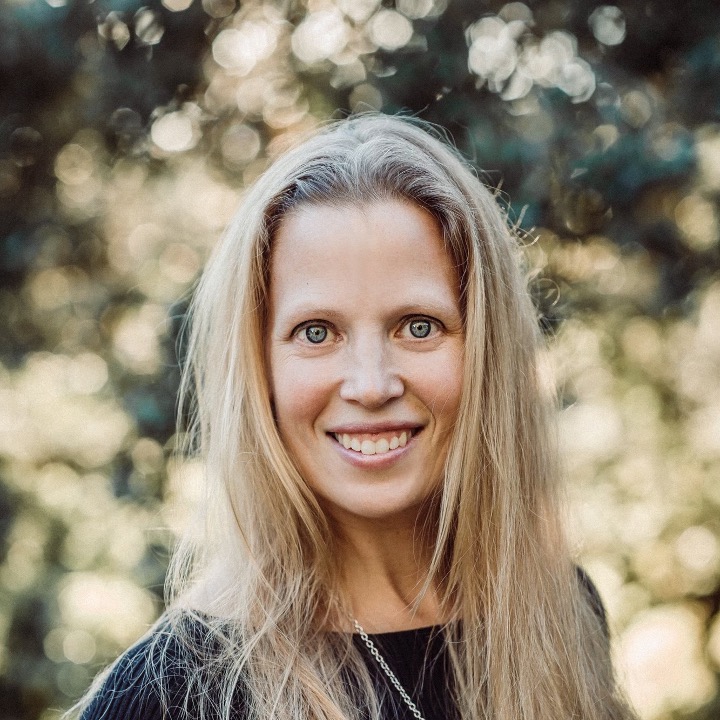
Cindy Meyer, Ph.D.
San Luis & Delta Mendota Water Authority
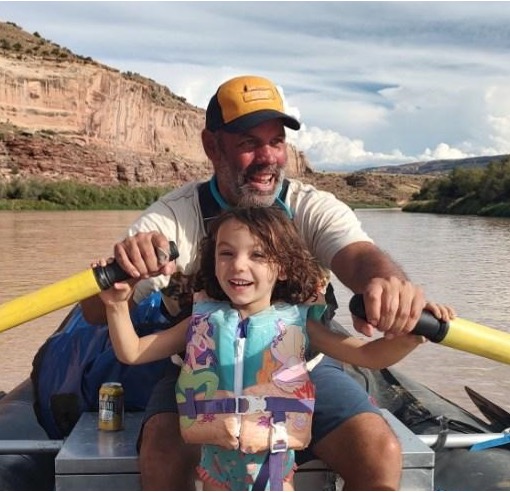
Dylan Monahan
Rocky Mountains Regional Stream Restoration Lead, Tetra Tech
I want to be a Climate Ambassador because I am a dad, a lover of nature, and a scientist, and the time to roll up our sleeves and get to work is now. I hope to learn how to take the knowledge I have gained in a lifetime spent studying, exploring, and fishing aquatic ecosystems and use it to communicate what is at risk of being lost if we don’t tackle the threats posed by climate change right now.
I want to learn strategies for communicating climate change in an accessible way to different stakeholders. Most importantly, I want to learn how to be a resource on climate change, while remaining approachable and trusted by collaborators in my rural Idaho community.
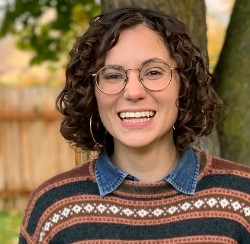
Christina Morrisett
Henry's Fork Foundation
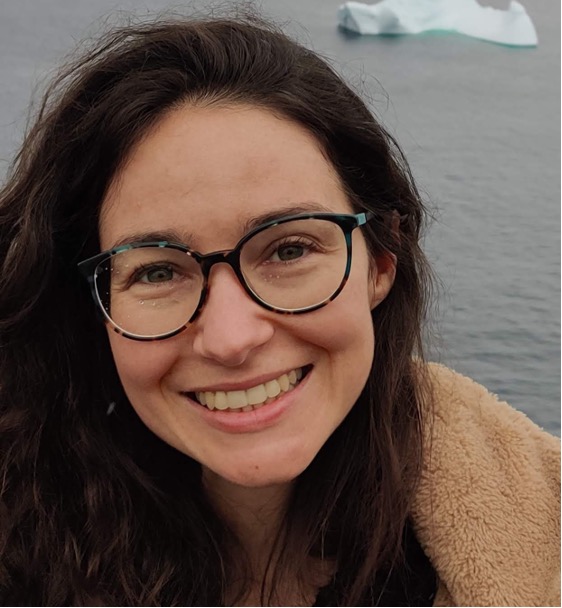
Raquel Ruiz-Díaz
Centre for Fisheries Ecosystem Research. Fisheries and Marine Institute. Memorial University of Newfoundland and Labrador. St. Johns, NL, Canada.
I am eager to be an AFS Climate Ambassador and bring the discussion about climate change impact on marine ecosystems and its implications for society outside the academic world. I hope that the CAP will provide me with leadership and communication skills to help me to initiate this dialogue and so bring awareness to people.
Through my education and career, I have learned about the impacts of climate change and regularly witness some of those changes in the ecosystems of the Southwest US desert fishes. I want to learn how to better communicate what I have learned and seen to help shift mindsets and bring about change.
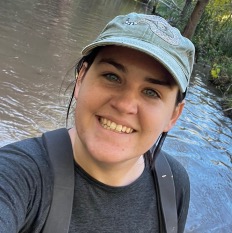
Taylor E. Saucier
Fisheries Conservation & Management, University of Arizona
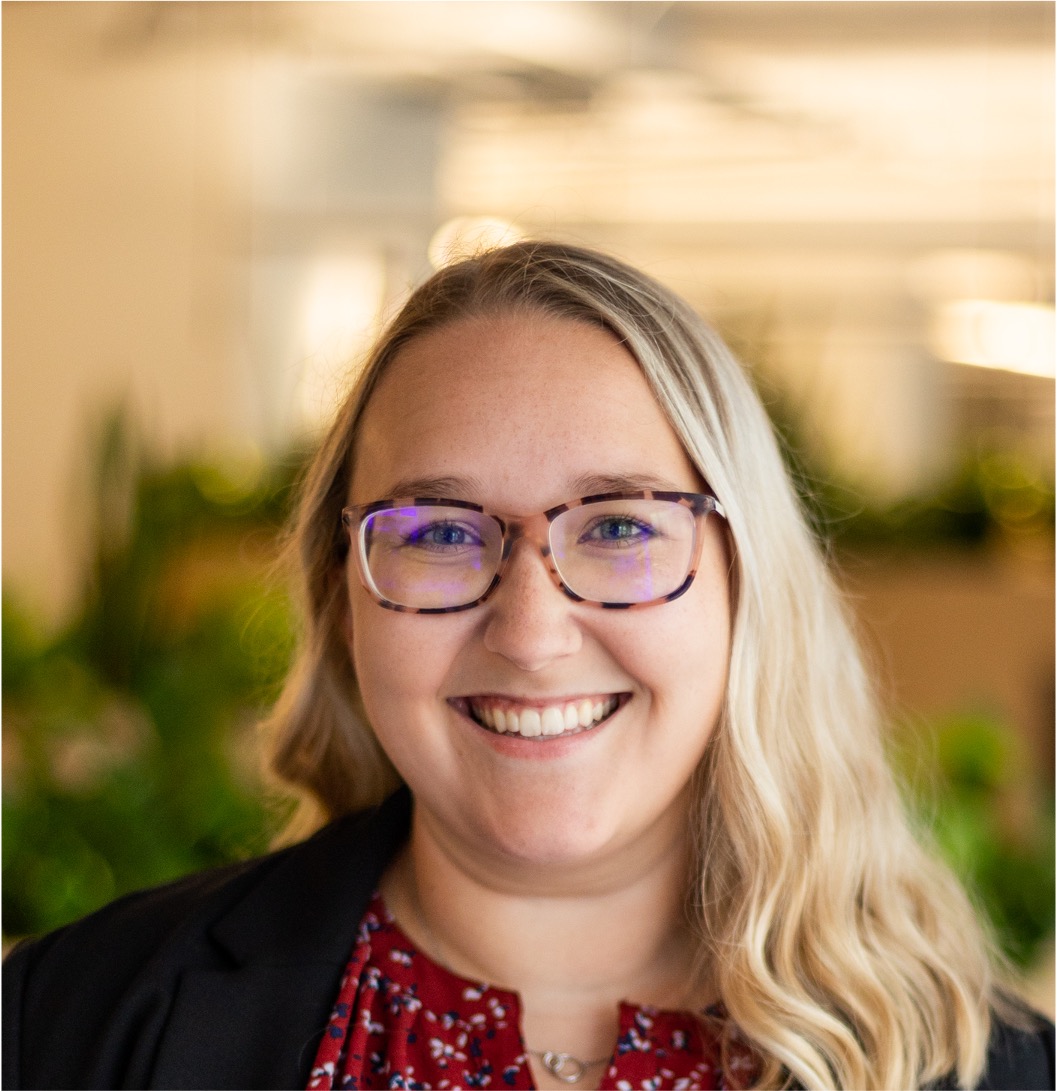
Julia Singer
Marine Scientist Oceana
Between 80-degree November days in the Mid-Atlantic, increasingly severe storms, negative ecological impacts and more, the effects of climate change cannot be ignored. I am excited to become a climate ambassador to develop my science communication skills towards decision-makers, the public, and the next generation of environmental leaders.
As a research ecologist in global inland fisheries, I am committed to protecting and stewarding freshwater biodiversity and ecosystem services yet see a pressing need for improved climate literacy. Through CAP, I hope to build a robust communication toolkit to distill complex information, inspire strategic actions, and collaborate with dynamic communicators.
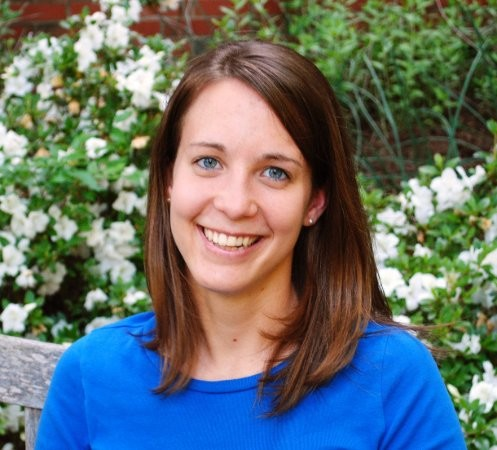
Gretchen Stokes
USGS National Climate Adaptation Science Center & University of Florida
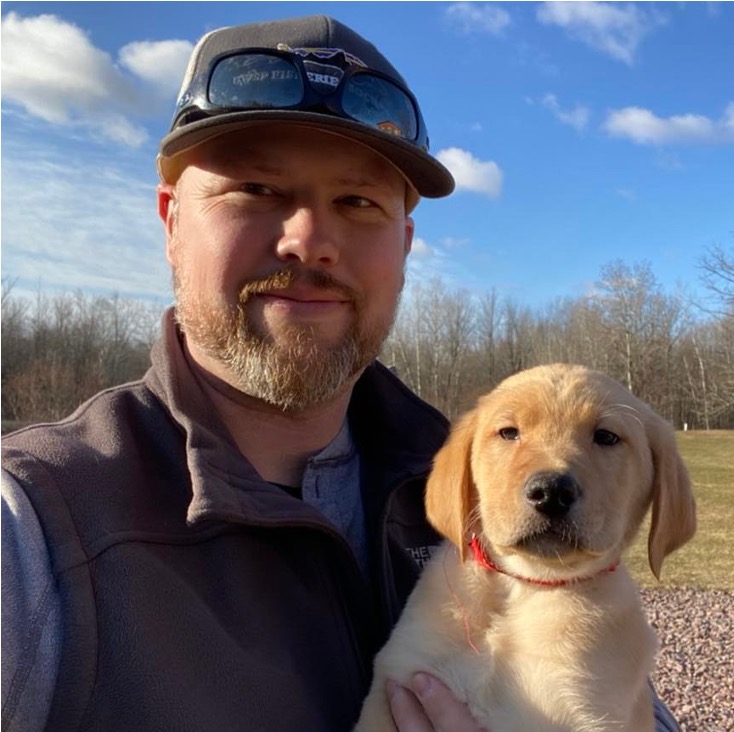
Justin VanDeHey
Associate Professor of Fisheries and Water Resources, College of Natural Resources, University of Wisconsin-Stevens Point
Through my professional and personal life I have seen first-hand how the distrust in science has grown in recent years and I believe improved communication is the only way to re-connect scientists with policy makers and the public. I am excited for this training so I can increase and refine my skills in science communication to better train my students and peers, and to improve the relationships between scientists and the general public.
Good science is diminished by poor communication. Participating in the Climate Ambassadors Program, I hope to become a more effective communicator across a broader spectrum of audiences.
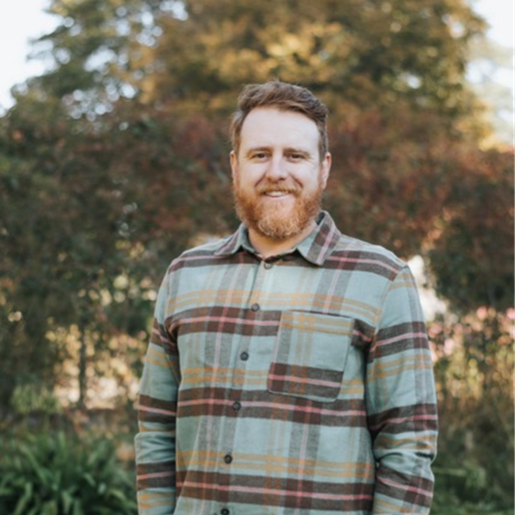
Patrick "Cole" Webster
Washington Department of Fish and Wildlife and Los Cerritos Wetlands Stewards
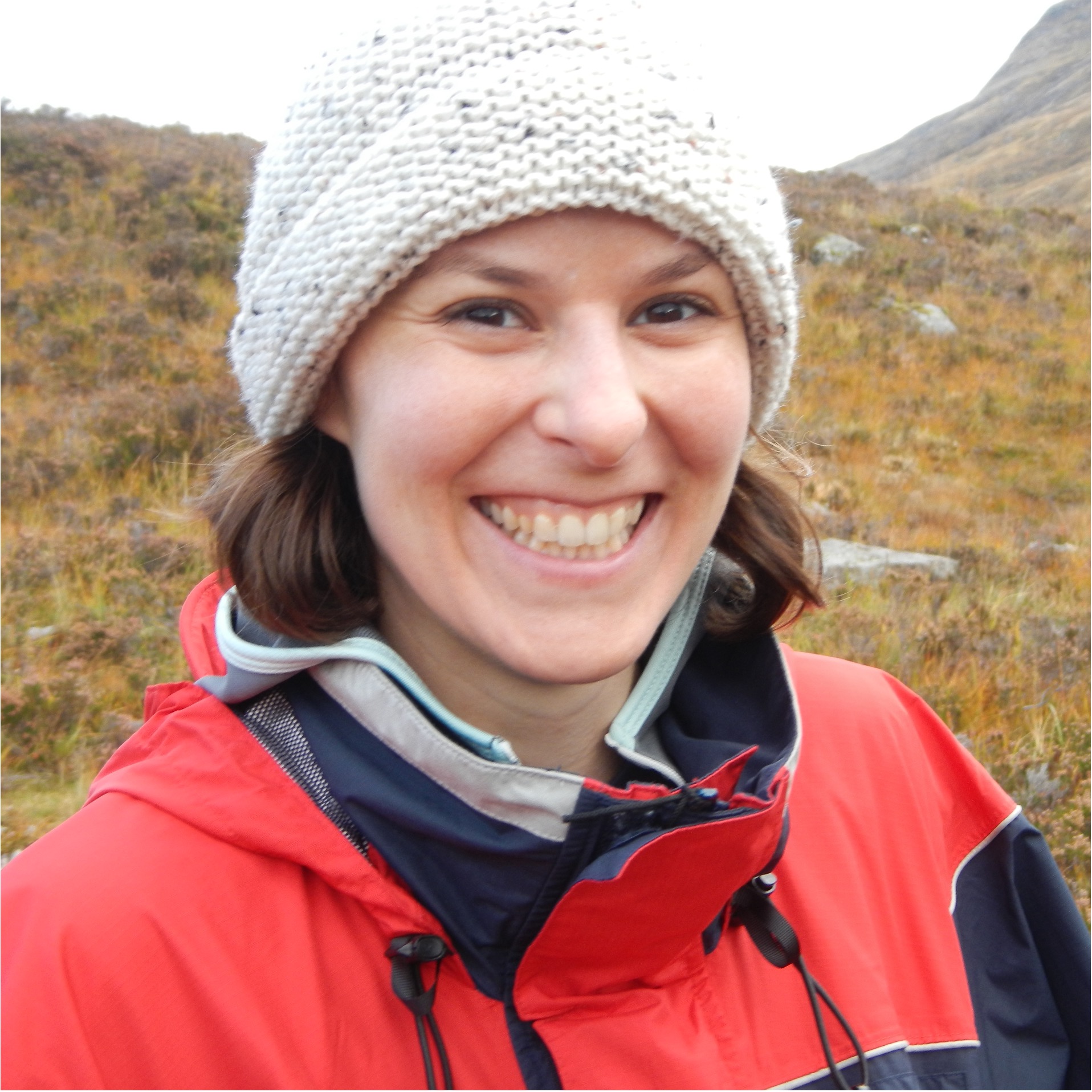
Phoebe Woodworth-Jefcoats
Research Oceanographer, NOAA Fisheries, Pacific Islands Fisheries Science Center
As someone who studies climate impacts, I have a responsibility to communicate the urgency of addressing climate change to people in positions to effect change. I’m looking forward to honing my communications skills so that I can meet people where they are and share information in a constructive way.
